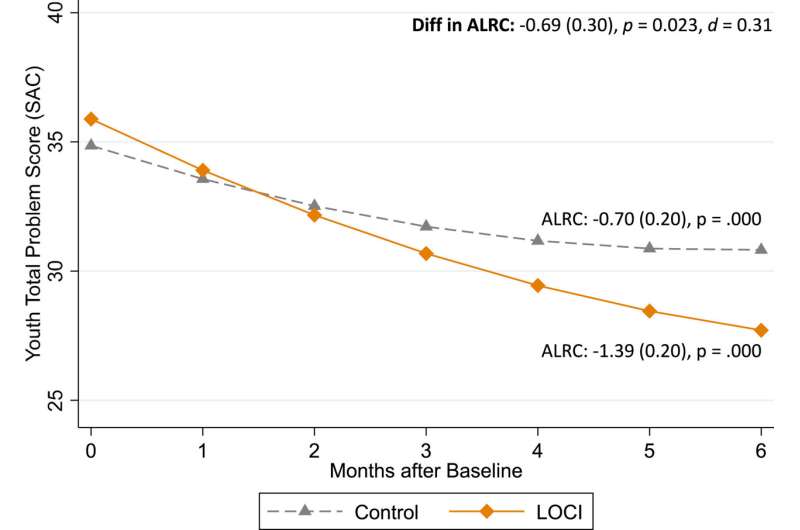New research uncovers a powerful strategy to improve the quality and outcomes of mental health care for young people. By providing clinicians with frequent feedback on patient progress and training clinic leaders to support the use of this feedback, the study shows a significant boost in treatment effectiveness. This approach could be a game-changer in addressing the high rates of treatment failure in youth mental health services. Mental health and youth are crucial topics that impact society as a whole.

Bridging the Research-to-Practice Gap
The study, published in the Journal of the American Academy of Child & Adolescent Psychiatry, highlights the importance of implementing research-based tools like treatment feedback in the real-world setting of community mental health clinics.
Previous research has shown that mental health services are more effective when clinicians receive frequent feedback on how patients are responding to treatment. However, the challenge has been getting clinicians to actually use this feedback in their practice. The new study tackled this problem by focusing on the role of clinic leaders in creating an organizational climate that supports the use of treatment feedback.
Empowering Clinicians and Leaders
The researchers enrolled 21 community mental health clinics delivering psychotherapy to youth in Idaho, Oregon, and Nevada. Clinicians at these clinics were provided with training and technical assistance to use an evidence-based, web-based treatment feedback system.
Half of the clinics were randomly assigned to a strategy that gave their leaders specialized training and coaching on how to support the use of treatment feedback. The other half served as a control group. The results were remarkable: the strategy improved clinicians’ administration of feedback measures by 3.5-fold, improved clinician viewing of the measures by 6.9-fold, and almost doubled the percentage of youth who showed meaningful improvements in their mental health symptoms.
A Defining Challenge of Our Time
As Dr. Nate Williams, the lead author of the study and an associate professor of social work at Boise State University, explains, “Developing strategies that enable mental health clinicians and leaders to effectively use research-based tools like treatment feedback is a defining challenge of our time.”
The findings of this study are especially relevant given the high rates of treatment failure (50%) observed in youth mental health services. By addressing this problem and improving the quality of care, the researchers have taken a significant step towards enhancing the mental well-being of young people. This innovative approach could have far-reaching implications for the future of youth mental health treatment.
